★★★★ | With a whimper
If you tell people that one of your favorite working directors is George Clooney, you’ll probably get some weird looks.
But those who’ve seen his works will know why that’s not such a baffling proposition. Clooney, whose first film was the immaculate CONFESSIONS OF A DANGEROUS MIND, has crafted an eclectic filmography that, even when it misses, is still interesting every single time. THE MIDNIGHT SKY, Netflix’s big end-of-the-year sci-fi epic, is a testament to his ability to weave tension and humanity from any scenario, even when the blueprint is less than stellar.
Set during the dying days of planet Earth, THE MIDNIGHT SKY picks up when it’s already too late for humanity. An unspecified event has occurred, leaving the planet increasingly uninhabitable, killing off everything on the surface. Underground bunkers exist, but they’re only postponing the inevitable.
Already terminally ill, Augustine (Clooney), a researcher on a remote arctic outpost, decides to stay behind in hopes of communicating with the last spaceship in orbit. Said spaceship, Aether, is returning from their two-year mission to K23, a planet within humanity’s reach that can harbor life. In an ironic twist of fate, they’ve become a new cradle for mankind during their blackout with Earth.
But when Augustine discovers a young girl (Cailinn Springhall) left behind, he sets off on a desperate mission to contact humanity’s last remnants.
Told with frank minimalism, THE MIDNIGHT SKY might appear an odd mix of director and material. At first, the pacing feels off, and there’s a theatricality to the proceedings, especially in every scene off-planet. But the further the picture goes, the clearer it becomes that there’s no need for visual flourishes or hyperactivity. Everything is at an end already, and we’re here to witness life winding down.
Clooney anchors the film with a magnetic presence, carrying on his shoulders guilt over his perceived failures to save the planet. Grizzled and morose, he’s all too aware of his stature as potentially the last survivor on Earth, and he’s going to pick up the chairs and turn off the lights, but he’s not going to do so happily.
In orbit, Aether is peppered with a who’s-who of reliable character actors, each giving deeply humane performances. Felicity Jones and David Oyelowo are charming as an expecting couple at the worst possible time. Elsewhere, Demián Bichir and Kyle Chandler communicate loss and longing in superbly muted parts, surprisingly giving the film an emotional core of healthy masculinity. Newcomer Tiffany Boone is a welcome acquaintance who the script, sadly, treats like a redshirt.
The script is the weakest point of the film. Written by Mark L. Smith from the novel “Good Morning, Midnight” by Lily Brooks-Dalton, THE MIDNIGHT SKY is a story with a solid emotional core trapped under a whole pile of artificial nonsense it doesn’t need. Without giving anything away, much of the film relies on a plot point everyone will figure out within the first half-hour, and it could easily not exist without the film losing any value. It doesn’t help that most of it relies on everyone behaving precisely a certain way; otherwise, the whole thing falls apart.
Such it is with the space faring portions as well. While they’re visually immaculate and well-acted throughout, every aspect of them comes laced with saccharine melodrama and reheated tropes of yesteryear. They’re tangents so thoroughly mined you can tell what happens well before it finally does.
This is why it’s so crucial that Clooney is a great director. He sells the repetition like the consummate professional he is, easily smoothing over the many wrinkles in the story. He’s not playing against type anymore (at 60, he’s less Danny Ocean and more David Letterman), but allowing his movie star persona to morph into something else. We follow him because we expect certain things to happen, and THE MIDNIGHT SKY adamantly refuses to give in to a single one of them.
That extends to the apocalypse as well, treated here as an all-encompassing mood rather than a visual spectacle. There are no overhead shots of destroyed cities, nor should you expect anything remotely akin to a Roland Emmerich film. Instead, Clooney depicts the end as a protracted whimper. A long gust of air escaping the lungs filled with anxiety and regret. Even a catastrophic spacewalk, which contrasts nicely with GRAVITY’s operatic bombast, unfolds with horrific inevitability.
A dozen or more armchair shrinks will try and deduce meaning from the solemn proceedings, but sometimes it just is what it is. THE MIDNIGHT SKY doesn’t lecture or explain itself in any way, even when it allows itself to do so. Nobody throws science at the apocalypse, nor is there a long-winded sermon about the dangers of modern society. We’ve reached the point in the genre, especially in this decade-long year, where fatigue has set in. Like in Val Guest’s classic THE DAY THE EARTH CAUGHT FIRE, it is in depicting the creeping inevitability that Clooney finds the greatest success.
If you can overlook certain clichés and the hokey narrative device, THE MIDNIGHT SKY is a thoroughly engaging post-apocalyptic sci-fi film. It may not do anything particularly new with the genre, but it doesn’t need to. It overcomes its faults due to a great cast and a director with an innate ability to find authenticity even in the most dire moments.


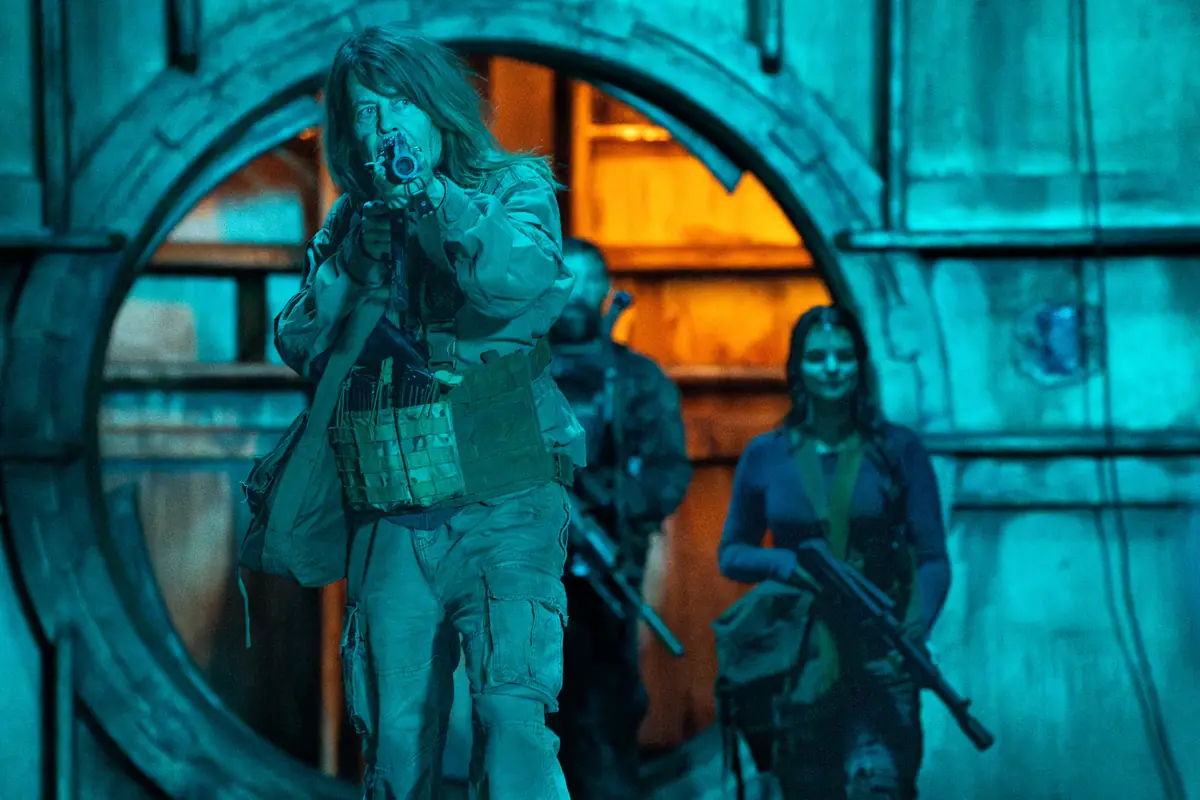

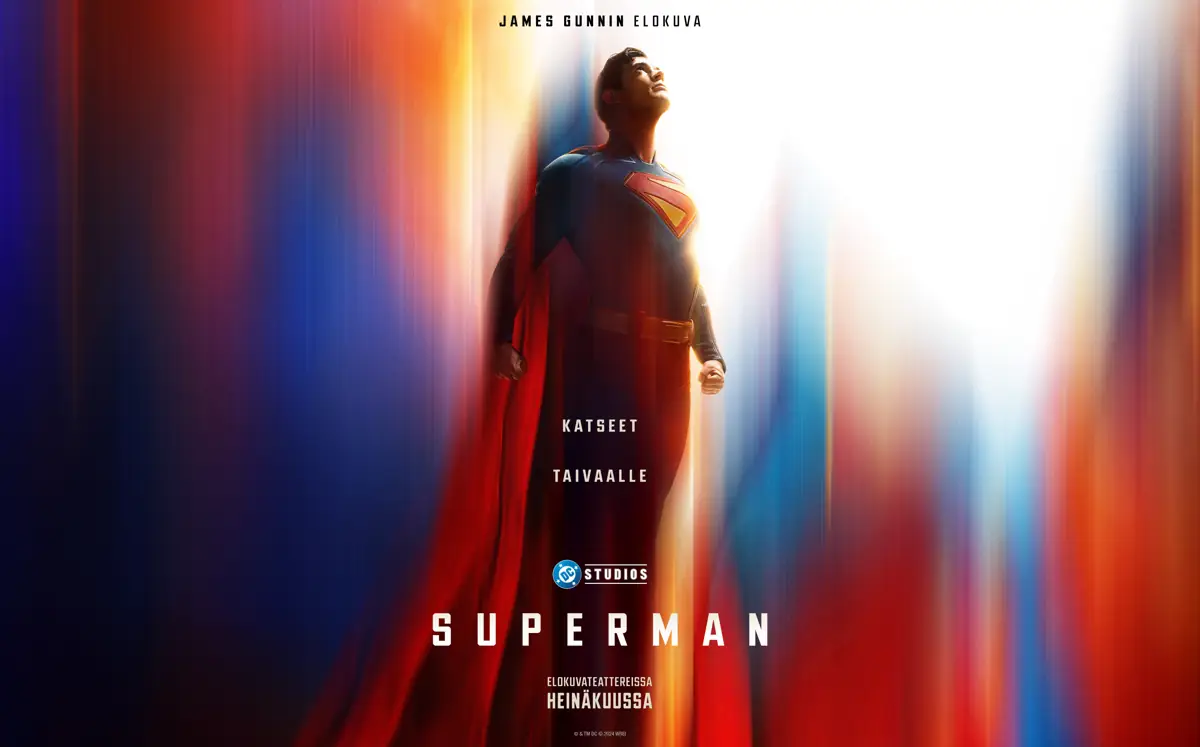

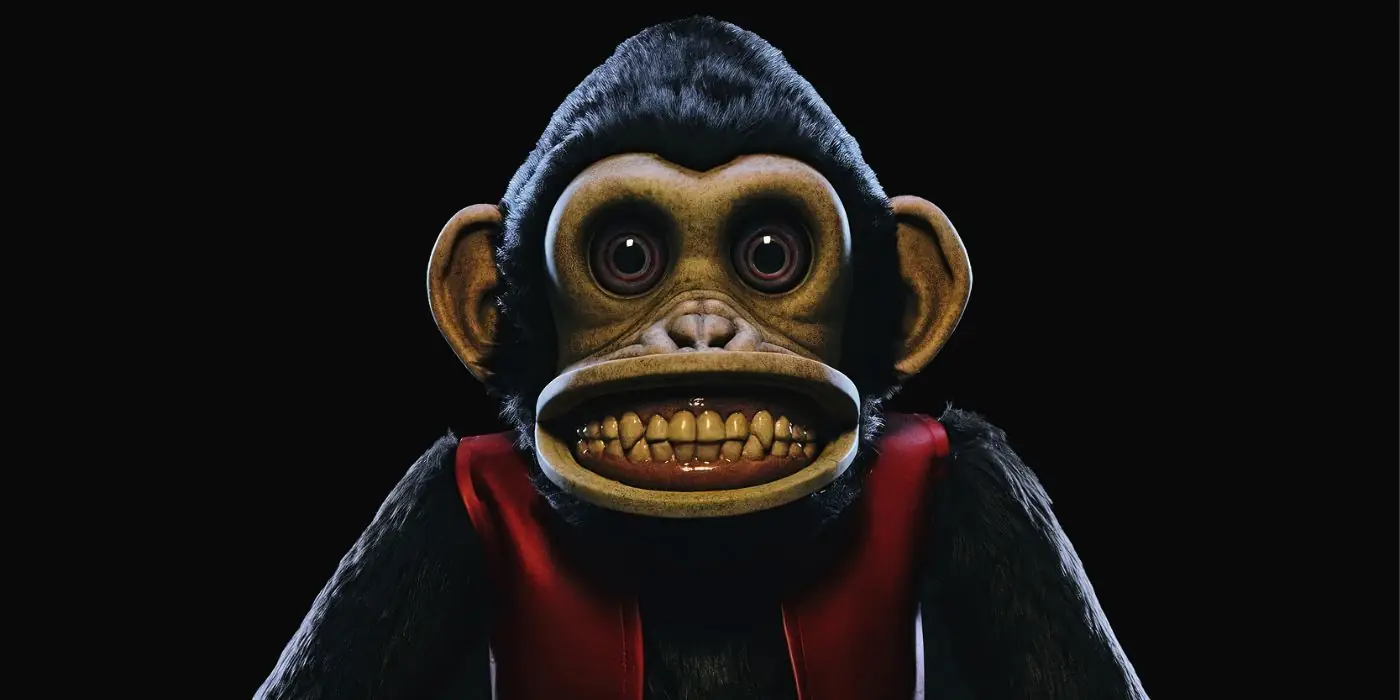
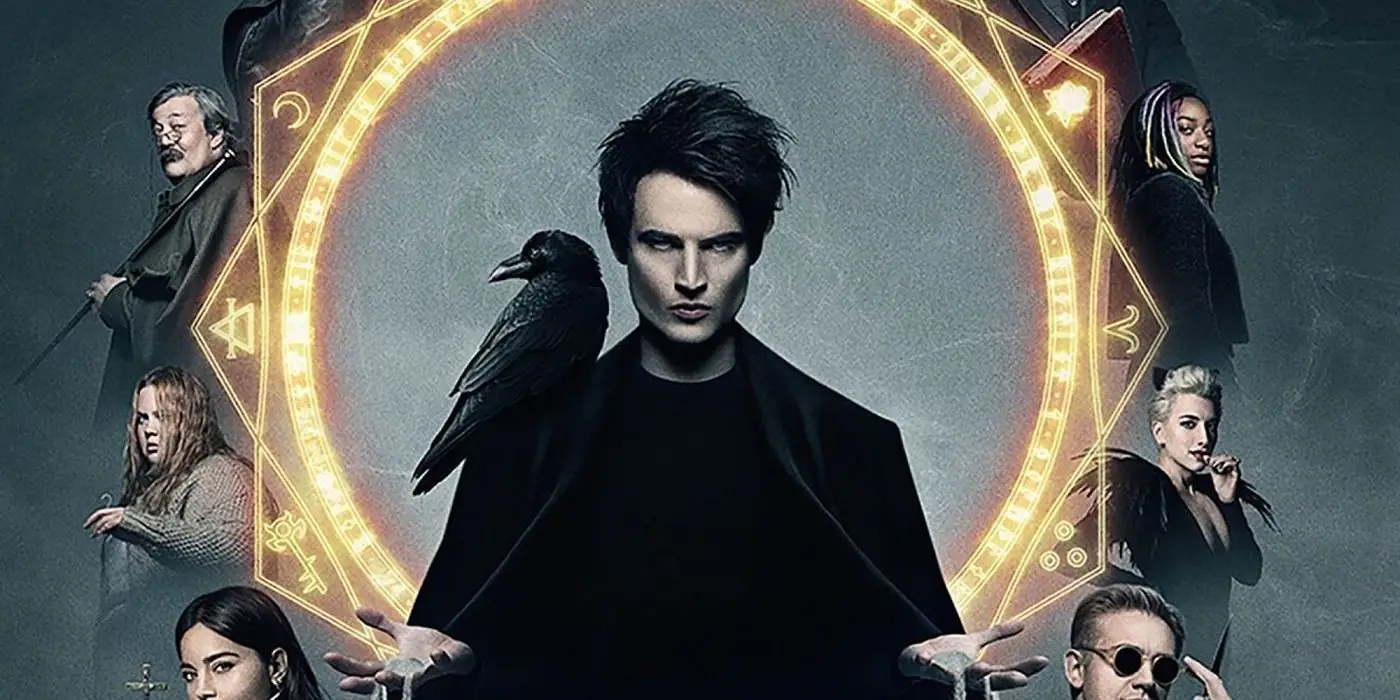
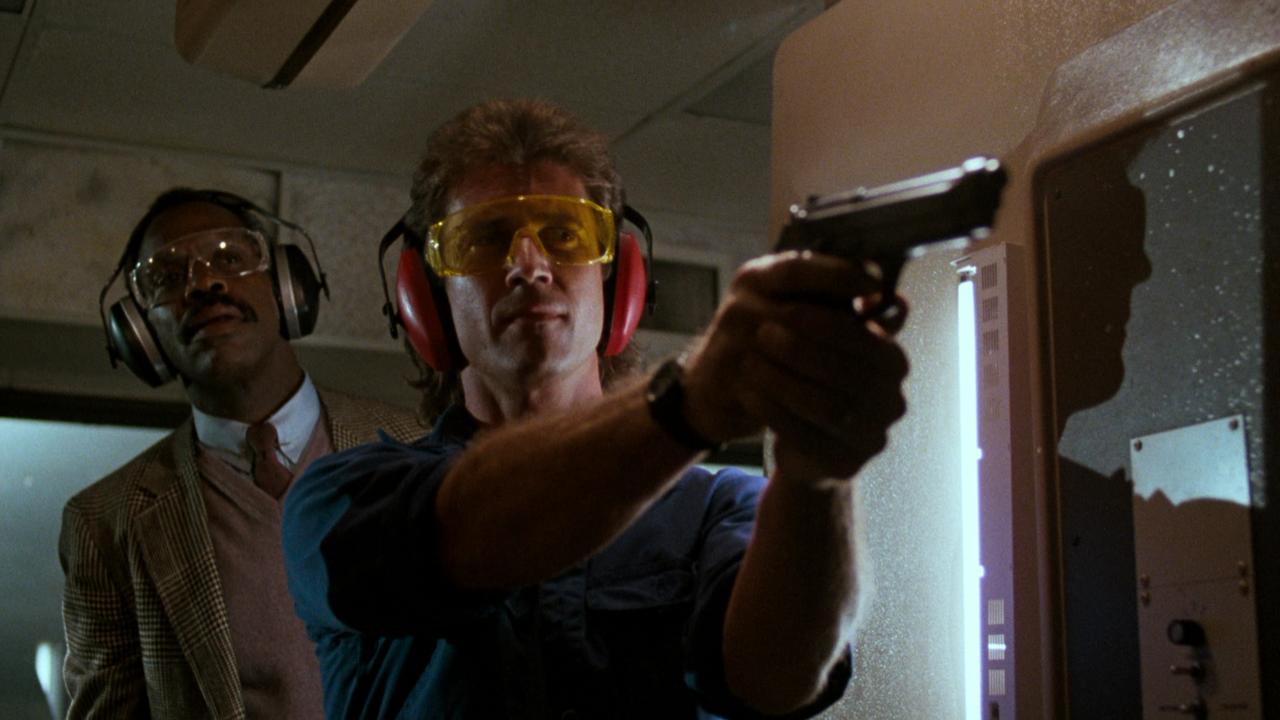

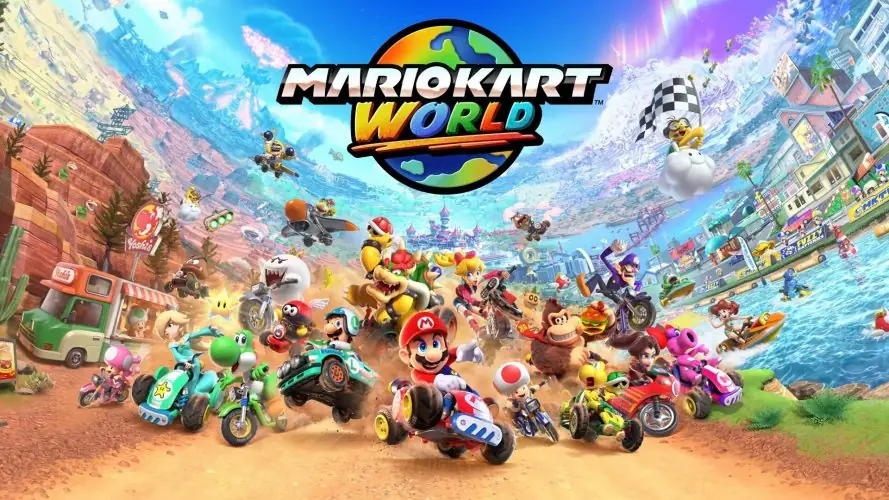
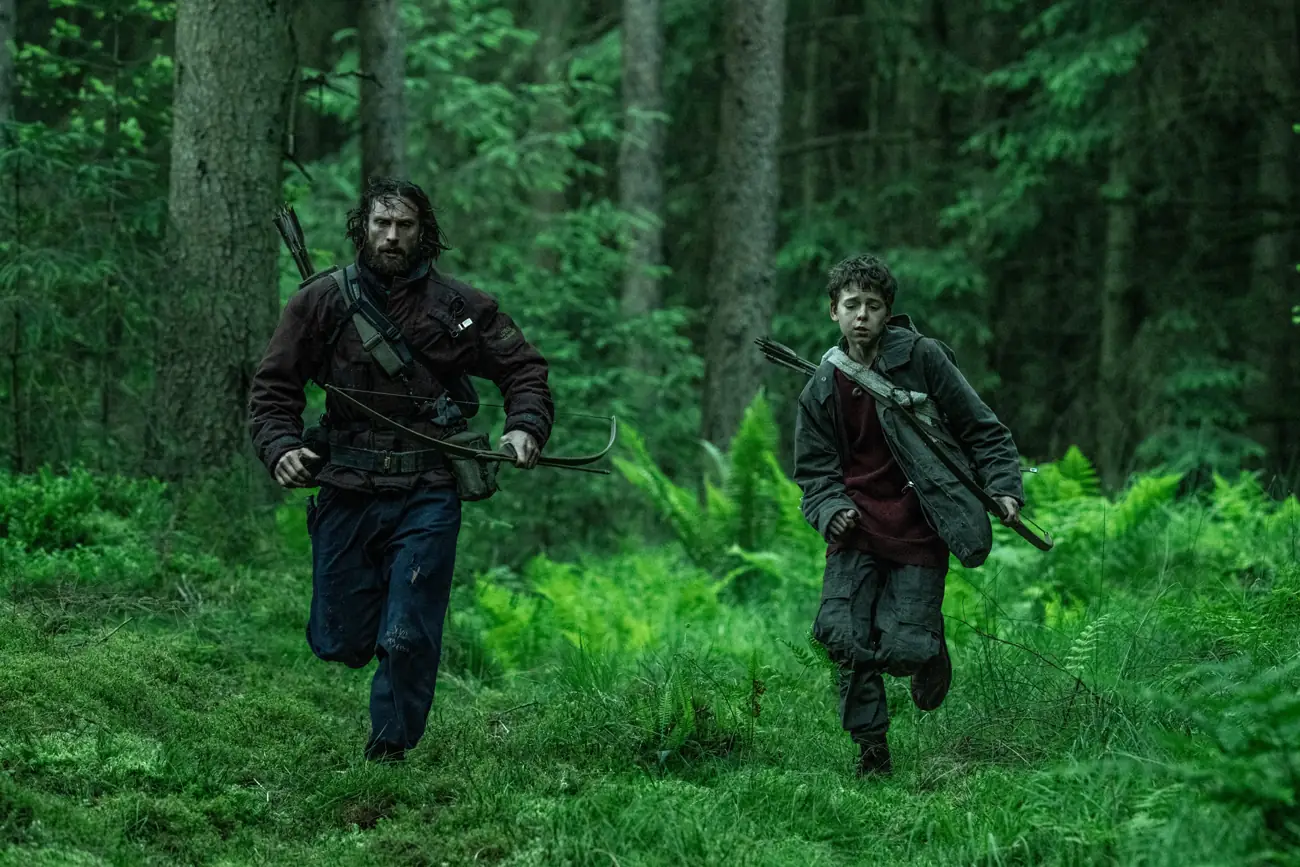

Discussion